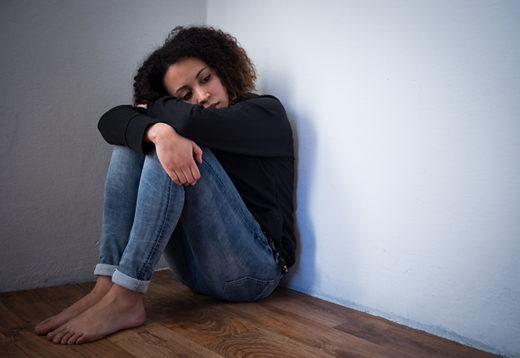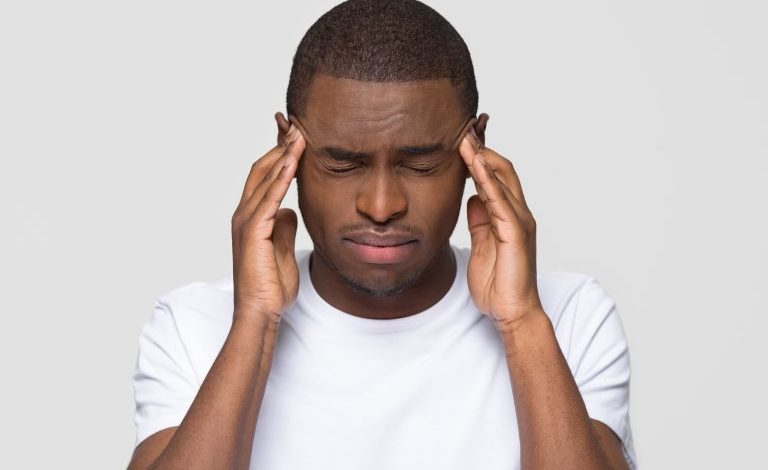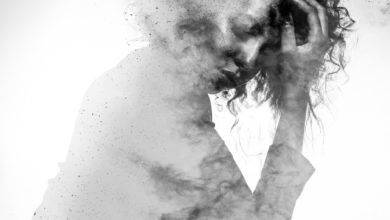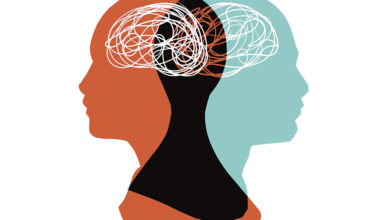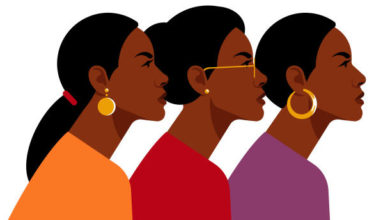Anthony Harris, LCSW, LADC
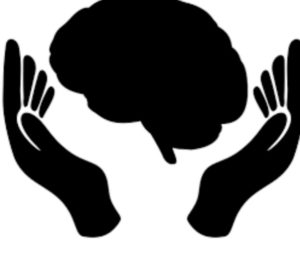
According to Mental Health America, over 7 million African Americans reported having a mental health illness. Mental health disorders and problems include depression, anxiety, traumas, psychotic disorders, suicide, and more. Statistics show that factors that contribute to mental health problems in the African American community include racism, poverty, substance addiction, domestic violence, lack of medical insurance, misdiagnosing, and other factors. Suicidal thoughts, plans, attempts, and successes are rising in our community. The statistics go on and on and on. Unfortunately, many in our community hold erroneous thoughts, beliefs, and stigmas that impedes our mental health. Research shows that many in the black community are not very open to acknowledge mental health problems, due to the stigmas associated with mental health issues. They don’t want to be labeled “crazy” if they pursue mental health help. However, the research also shows that talking about mental health amongst cohorts, exposure to mental health information, and normalizing issues associated with mental health, are dynamics that could potentially shift opinions and beliefs about mental health disorders. It is also worthy to note that many African Americans are apprehensive to reach out for help because of distrust of the medical community and lack of black mental health providers. But what is encouraging is that interest in receiving mental health counseling is improving. To my beautiful black brothers and sisters, the bottom line is, it’s important to talk about our mental health. We are worth it.




